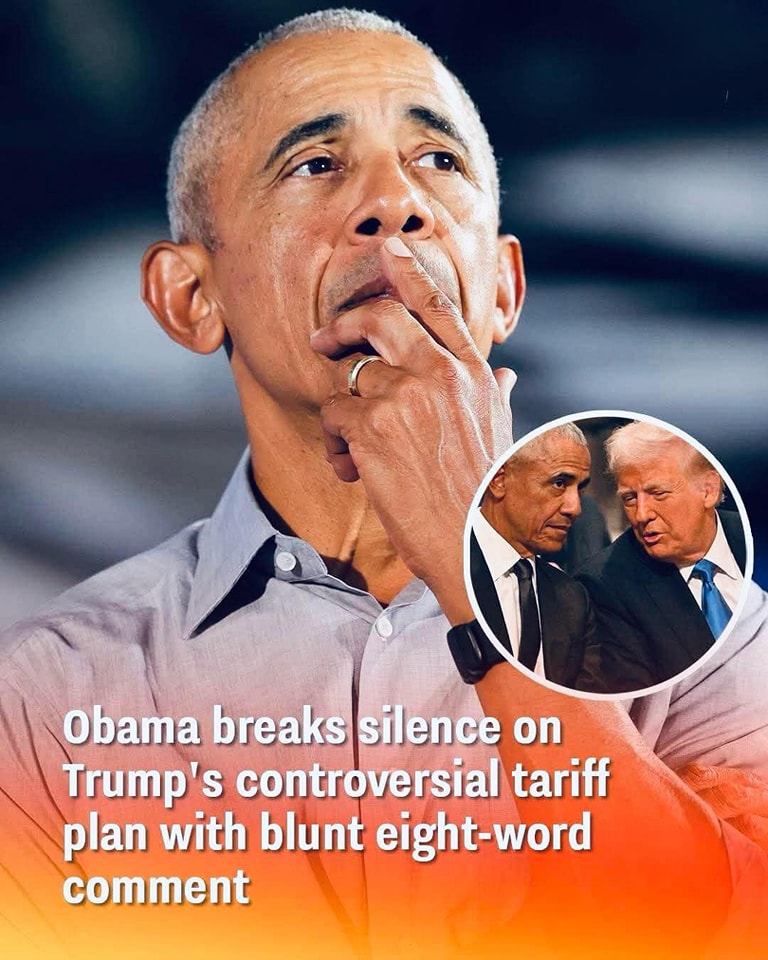President Donald Trump’s administration has once again become the focal point of national discussion following the announcement of a major trade policy shift. On April 2, 2025—dubbed “Liberation Day” by the president—a new tariff plan was unveiled, aiming to reshape the U.S. economic landscape.
The new policy introduces a standard 10% tariff on all imported goods, with steeper increases for 60 countries labeled as high-risk in terms of trade imbalance. According to the administration, these changes are designed to protect American manufacturing, reduce dependency on foreign products, and promote domestic industry.In a speech from the White House Rose Garden, President Trump declared, “April 2, 2025, will forever be remembered as the day American industry was reborn.” He emphasized that the United States had been subjected to unfair trade practices for decades, stating that this new direction is necessary to restore fairness and prosperity.
Supporters of the policy argue that it marks a crucial step toward strengthening U.S. industries and creating more jobs for American workers. They view the tariffs as a way to level the playing field and counteract years of economic disadvantages.However, the policy has also drawn sharp criticism. Former President Barack Obama, speaking at an event in New York, voiced his concerns about the broader implications of the administration’s approach. “I don’t think what we just witnessed in terms of economic policy and tariffs is going to be good for America,” he stated, highlighting worries about potential overreach and its effects on freedoms in education and legal advocacy.In response to the new tariffs, several affected countries have announced retaliatory measures, setting the stage for heightened trade tensions. The White House maintains that the tariffs will remain until trade relationships are more balanced and reciprocal.
As Americans digest the implications of these decisions, the conversation extends beyond economics. It raises important questions about the role of government in shaping trade, protecting industry, and maintaining fair international relationships.Whether one views the policy as a bold move toward economic independence or a controversial strategy with uncertain outcomes, it has undeniably sparked a national dialogue about the future of American trade and the values that guide it.
If this article resonated with you, consider sharing it with friends and family. These conversations are essential as we navigate the challenges and opportunities ahead.
